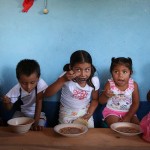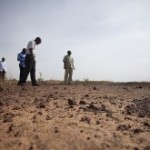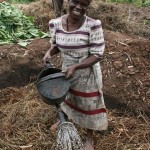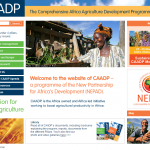Investing in preschool nutrition has long-term positive health and economic impacts, and failing to invest can do long-term damage. Since 2002, IFPRI’s work on this topic has included studies in many countries, including Guatemala and Zimbabwe.
The Program for Biosafety Systems
IFPRI, through its USAID-funded Program for Biosafety Systems (PBS) supports the development and implementation of science-based, functional biosafety systems that ultimately expand producer choice, inspire consumer confidence, facilitate trade, and promote agricultural research and development.
The Malawi Strategy Support Program
Malawi ranks among the world’s most densely populated and least-developed countries. Because agriculture is the main source of income for most of the population, the development of targeted policies that spur growth in the sector, particularly in smallholder-based agriculture, is critical to meeting the country’s food security and poverty reduction goals.
The Comprehensive Africa Agriculture Development Programme: Long-Term Strategic Analysis for Improved Growth and Poverty Reduction
MOTIVATION After years of declining investment in rural development and low agricultural productivity, the African Union Commission launched the Comprehensive Africa Agriculture Development Programme (CAADP) in 2003. Participating African governments committed to allocate 10 percent of their national budgets to agriculture in order to help achieve a 6 percent annual agricultural growth rate. With USAID >> Read more
Regional Network on AIDS, Livelihoods, and Food Security
Motivation Nutrition and access to nutritious foods are vital in the fight against HIV and AIDS. Undernutrition heightens vulnerability to disease transmission, and pairing antiretroviral drug therapies with adequate nutrition increases their effectiveness. Income inequality and food insecurity have also been found to increase the likelihood of exposure to HIV, driving up rates of infection >> Read more
- « Previous Page
- 1
- …
- 4
- 5
- 6




